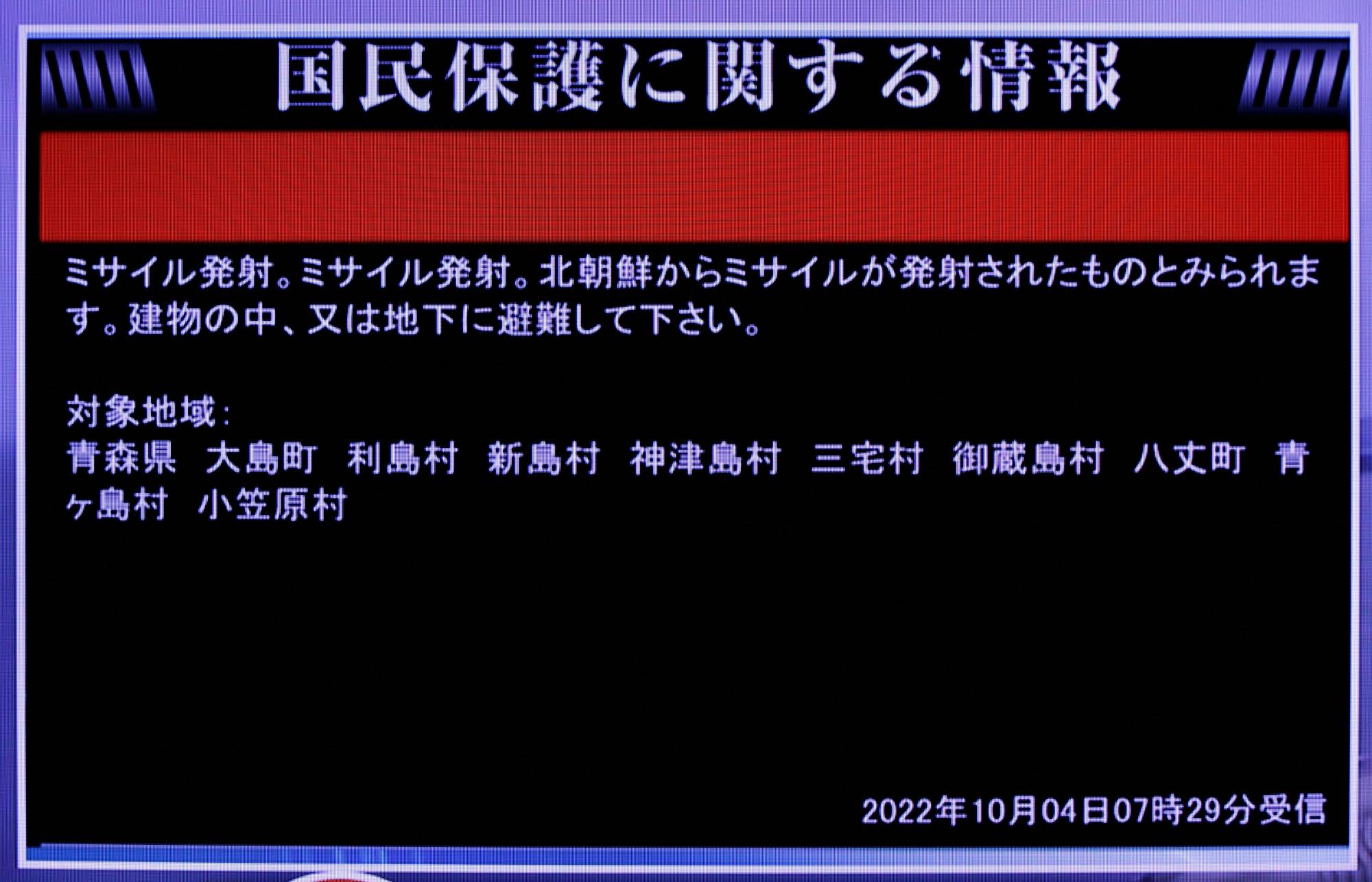After North Korea fired a ballistic missile toward Japan on Tuesday, authorities urged residents to immediately take cover via mobile-phone alerts, warnings on loudspeakers and flashing highway signs.
But there was one major problem: By the time many people were aware of the alert, the missile had already splashed down in the Pacific Ocean more than 3,000 kilometers away. What’s worse, it passed so far overhead — more than twice the altitude of the International Space Station — that it posed no threat at all.
Given only seconds to react to what amounted to a false alarm, many in Japan quickly began questioning the effectiveness of the alert system — and wondering more broadly if the government was capable of protecting the country in an actual attack. In rural areas where the alerts sounded, lots of homes are made of wood and don’t have places for people to hide.


















With your current subscription plan you can comment on stories. However, before writing your first comment, please create a display name in the Profile section of your subscriber account page.